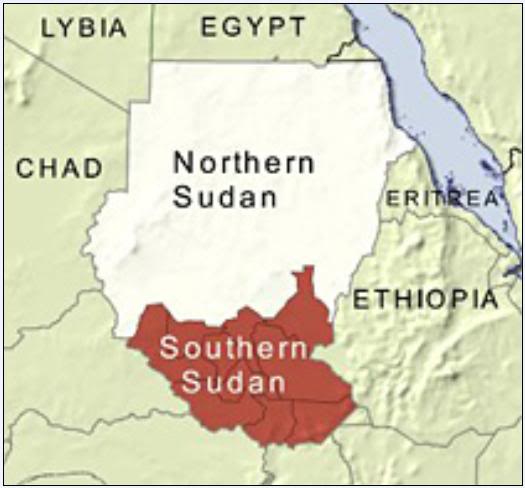Intervention politics – Can the UK afford it?
Let’s get one thing clear. The International Community (IC) does not get involved in other state’s internal affairs due to a concern over their human rights record. From ignoring the pleas of the Tutsi in Rwanda, to the Tamils in Sri Lanka or the African population of Darfur, the IC including the UN usually turns a blind eye.
Sometimes the interests of the stronger members of the IC e.g. the ‘West’ results in intervention but it is rare and mainly done behind ‘closed doors’. These ‘interests’ however are generally those of big business or the political establishments and rarely in the ‘national’ interest or an altruistic one such as the protection of civilians.
In the UK news this week we witnessed the bizarre irony of a quarter of a million strong march against envisioned Government cuts whilst the Government expended several million from the public purse in the shape of cruise missiles and aircraft. We’ve seen it all before in Iraq and Afghanistan and David Cameron is certainly living up to his often forgotten quip that he was the ‘heir to Tony Blair’.
We suspect but don’t know if civilians in Benghazi, as apart from armed rebels, were under threat from the Libyan army but we do know that the Government is breaching the UN ‘No Fly’ resolution 1973 by attacking the non-air infrastructure and frontline forces. It is obvious they are trying to effect regime change under the guise of the UN Resolution.
We suspect but don’t know how oppressed the people are in Libya although it looks very much like a civil war? As such we would be better suited to calling for a UN-controlled ceasefire followed by a UN-supervised referendum whereby the Libyan people can freely express how their country should be governed in the future without outside interference and manipulation. Gauging the people’s opinions in this way is always preferable to imposing one side’s will by force.
We do know however that the UK cannot afford any more military adventures, unless of course the public purse is not as strapped as the Government would have us believe?
Date: March 27, 2011
Categories: International News
































 The world’s Governments by and large oppose such solutions for fear of opening up a ‘Pandora’s Box’ which will lead to numerous demands for autonomy or Independence. For example, the OAU (Organisation for African Unity) Charter strictly forbids the re-drawing of boundaries. Our view is ‘so what?’. If an indigenous people face discrimination and are denied the right to preserve their differences e.g. language, worship or culture then the creation of a ‘nation-state’ within ancient territories is a logical answer.
The world’s Governments by and large oppose such solutions for fear of opening up a ‘Pandora’s Box’ which will lead to numerous demands for autonomy or Independence. For example, the OAU (Organisation for African Unity) Charter strictly forbids the re-drawing of boundaries. Our view is ‘so what?’. If an indigenous people face discrimination and are denied the right to preserve their differences e.g. language, worship or culture then the creation of a ‘nation-state’ within ancient territories is a logical answer.